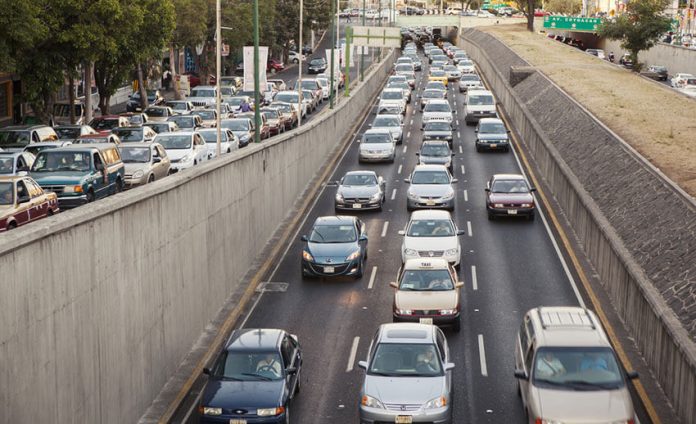A new inspection requirement for light vehicles that was set to take effect in November appears doomed after President López Obrador rejected it due to the cost it would entail for motorists.
The Economy Ministry (SE) announced earlier this month that vehicles weighing less than about 4 tonnes would have to pass semi-regular checks of things such as their bodywork, seatbelts, lights, brakes, wheel alignment, suspension and engine. It didn’t say how much the inspections would cost.
The new regulations followed international standards developed to promote road safety in the interest of public health.
López Obrador told reporters at his regular news conference on Monday that the requirement announced by the SE would be reviewed.
“I had no knowledge [about it]. There are decisions taken by the ministries without consultation,” he said.
“Now we’re making sure that everything that is detrimental to people’s finances is consulted. The government was a mess before because each ministry did what it thought was its role or responsibility [without consulting],” López Obrador said.
“… Establishing this new form of government takes time, … we have to educate the public servants.”
Referring to his intention to scrap the planned inspection requirement, the president said his government wouldn’t “pick people’s pockets” as its predecessors did.
“That was the mentality that prevailed and it hasn’t died yet,” he said.
“They’re processes of change, of transition. We’ve made a lot of progress but … we still have a part of the technocratic conservative thought [in the bureaucracy] that we have to put to one side, not by imposing [our way of thinking] but by persuading, convincing,” López Obrador said.
The rising cost of living is a major concern for the president, with headline inflation hitting a two-decade high of 7.68% in April.
He said late last month that his main concern as president was to control inflation because of the impact it has on family budgets.
The government subsequently announced a six-month plan to curb inflation, the centerpiece of which is an agreement with the private sector to ensure fair prices for 24 products in the canasta básica, a selection of basic foodstuffs including beans, rice, eggs and sugar.
With reports from Reforma
